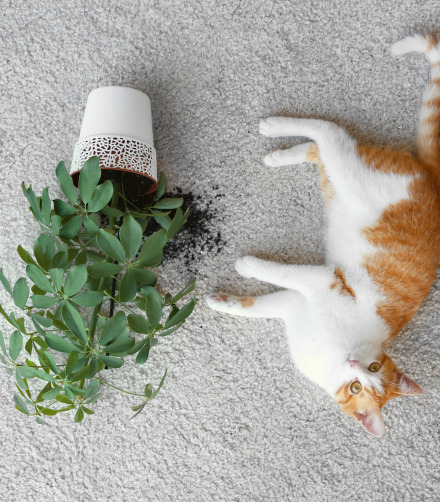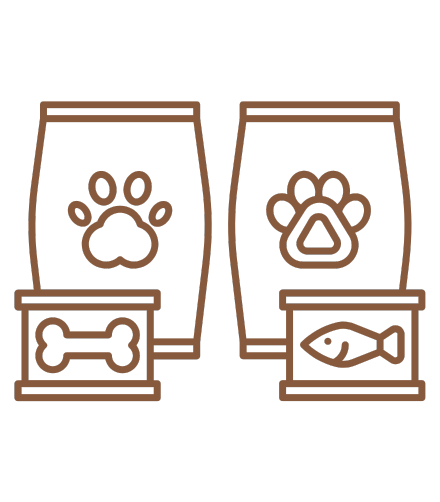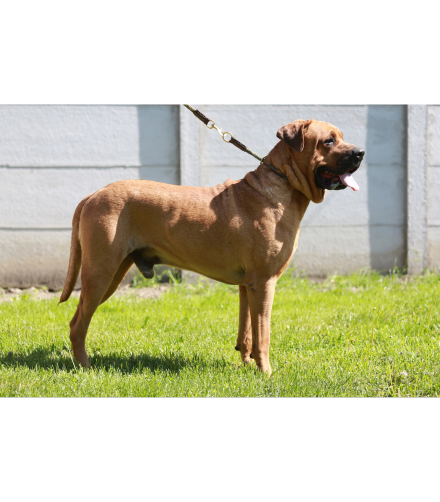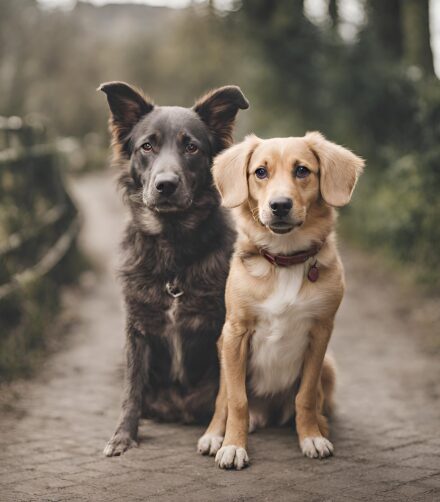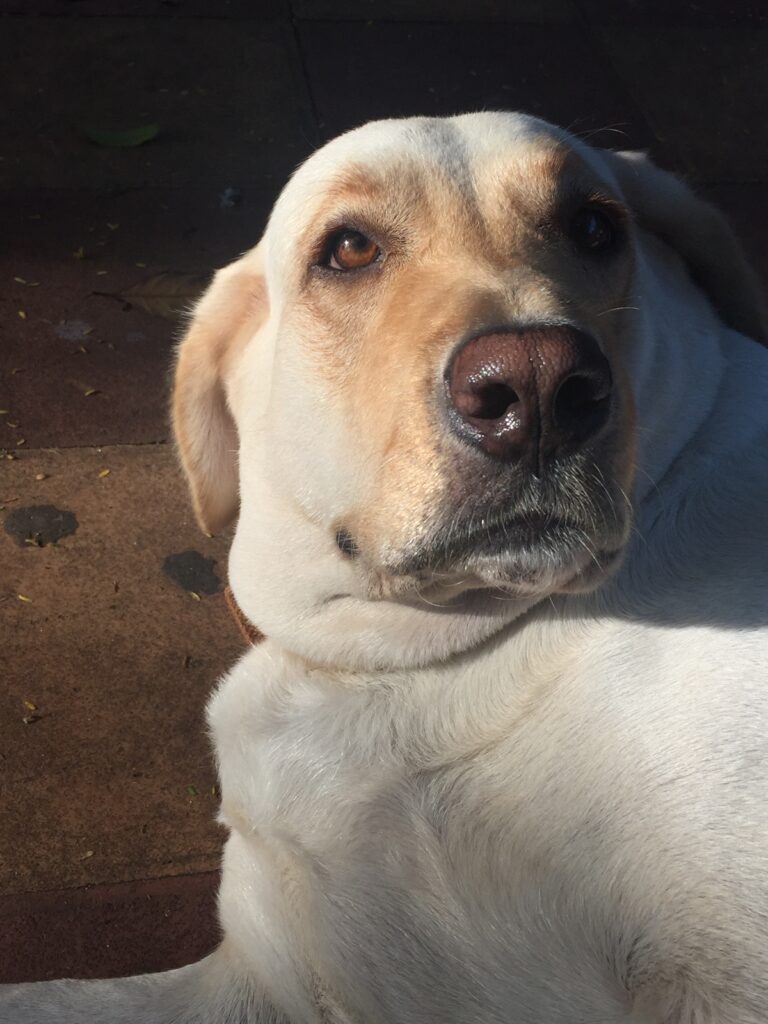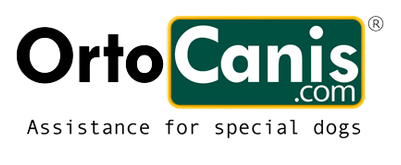5 Common Houseplants That are Actually Toxic to Pets
Adding houseplants to your home décor is an excellent way to liven up any space. Not only do they add aesthetic value, but plants also purify the air, making your living space fresher and healthier. However, if you are a pet owner, it’s essential to know what types of houseplants are safe for your pets and what types are not. Some common plants, if ingested, can cause severe health problems. In this article, we’ll discuss five common houseplants that are toxic to pets, so you can keep your furry friends safe and healthy.
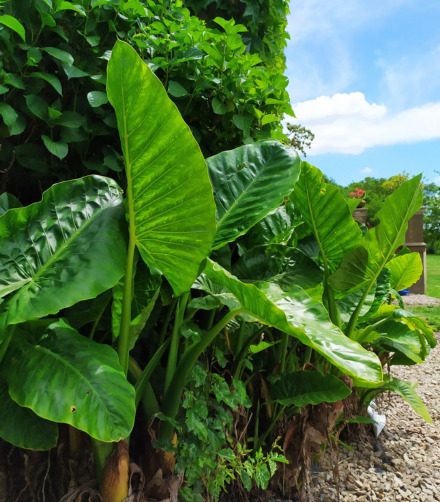
Alocasia
Also known as Elephant’s Ear, Alocasia is a popular houseplant with large, striking leaves. However, all parts of the plant are poisonous, containing a toxin called calcium oxalate. When ingested, the toxin causes swelling and irritation of the mouth and throat, leading to difficulty breathing, excessive drooling, and vomiting. In severe cases, Alocasia toxicity can be fatal.
Cyclamen
Cyclamen is a popular houseplant with delicate, colorful blooms that add a touch of elegance to any room. However, all parts of the plant contain a toxic compound called cyclamine. Ingestion of Cyclamen can cause vomiting, diarrhea, abdominal pain, and even seizures. If you suspect your pet has ingested Cyclamen, take them to the vet immediately.
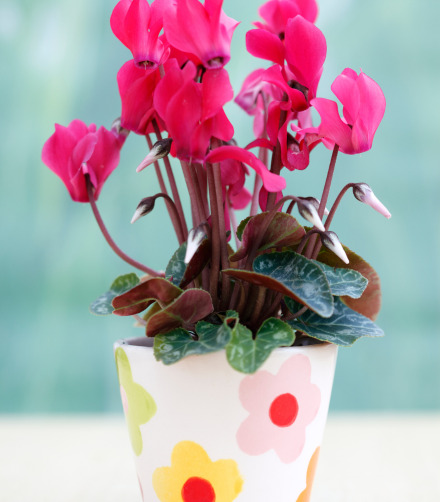
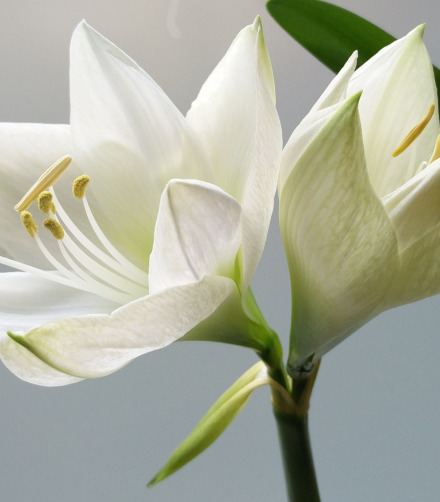
Lilies
Lilies are a popular plant often used in bouquets and floral arrangements, but they are highly toxic to cats. All parts of the plant, including the petals, leaves, and stems, contain a toxin called lycorine. When ingested, lilies can cause vomiting, loss of appetite, lethargy, and even kidney failure. If you have cats in your home, it’s best to avoid lilies altogether.
Sago Palms
Sago Palms are a popular houseplant with spiky fronds and a tropical appearance. However, all parts of the plant, including the seeds and leaves, are highly toxic to both cats and dogs. Ingestion of Sago Palms can cause vomiting, diarrhea, abdominal pain, and even liver failure. If you suspect your pet has ingested any part of a Sago Palm, seek veterinary care immediately.
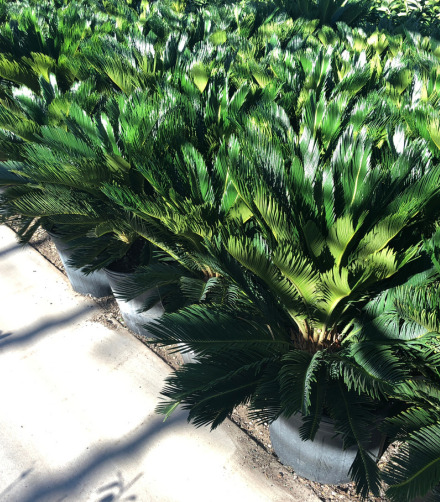
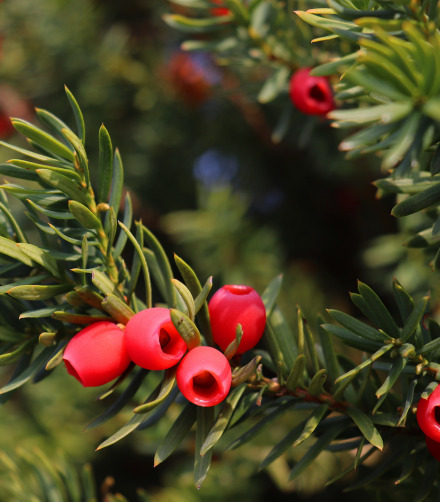
Yew
Yew is a common ornamental shrub with needle-like leaves and red berries. However, all parts of the plant, except the fleshy outer coating of the berries, are toxic to pets. Ingestion of Yew can cause vomiting, diarrhea, abdominal pain, difficulty breathing, seizures, and even death. If you have Yew in your yard, make sure your pets cannot access it.
Conclusion
In conclusion, keeping your pets safe from toxic plants is vital for their health and wellbeing. If you have any of the plants mentioned in this article, it’s best to keep them out of reach of your furry friends or remove them from your home altogether. If you suspect your pet has ingested any toxic plant, seek veterinary care immediately. And always do your research before bringing any new plants into your home to ensure they are safe for both you and your pets.

